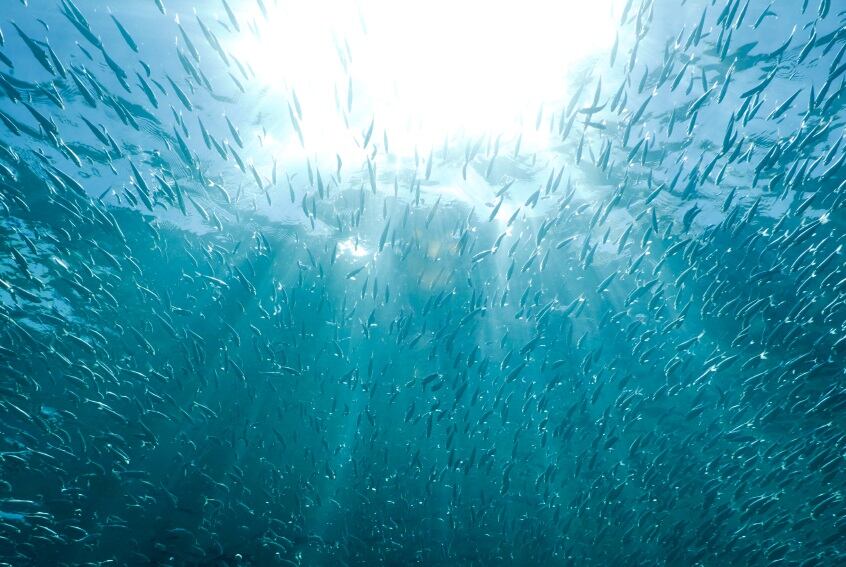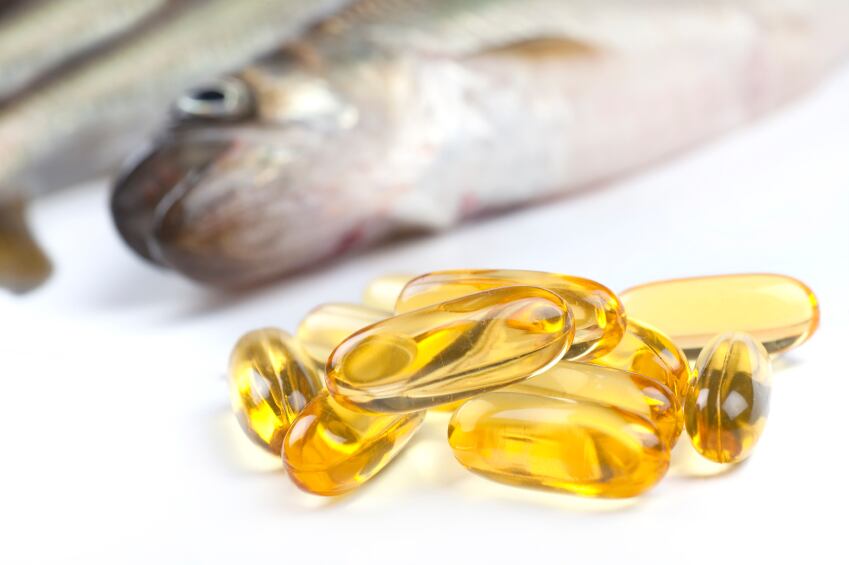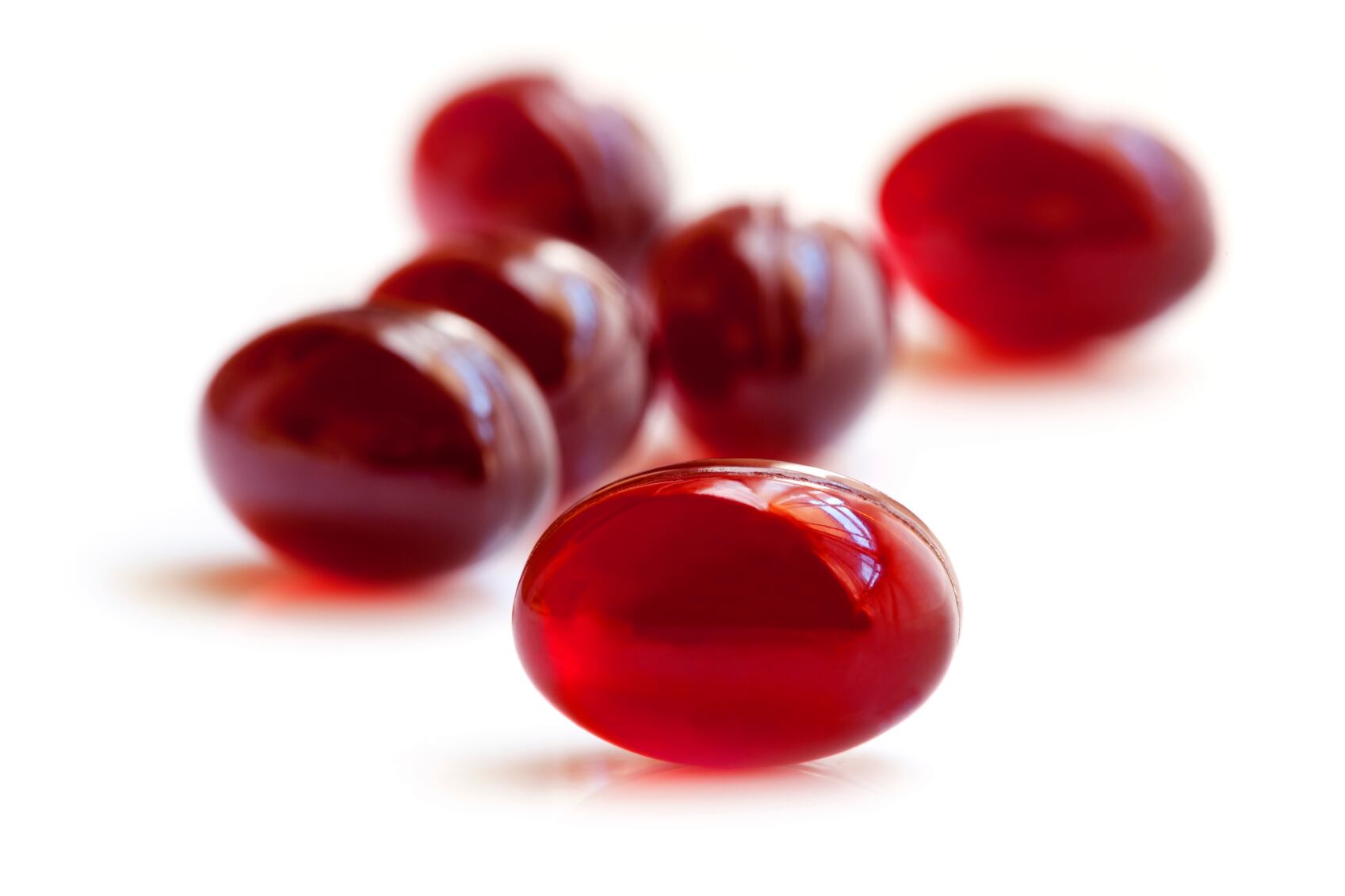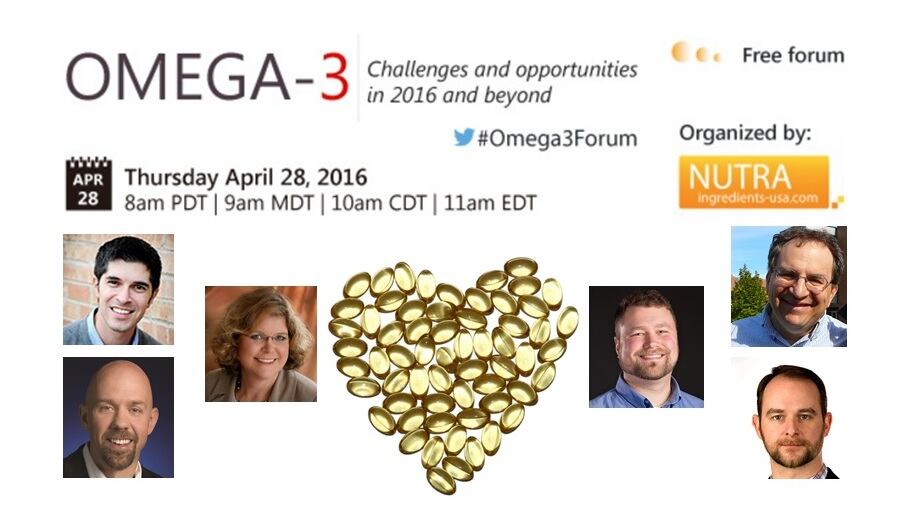“There are likely to be more stories in the future about how different species of fish are not being well managed. But for the omega-3 fisheries, there is a lot of data that shows they are being well managed. The biomass readings for all of them have not changed significantly in the long view,” Adam Ismail, executive director of GOED told NutraIngredients-USA.
Negative bias?
The health of the world’s oceans is an open question, with assessments of the current state of this biosphere ranging from challenged to on the verge of systemic collapse. While the scientists who compile these assessments and those who critique them say they strive to cleave to the actual data, these projections exist within a realm that to some degree has been informed by the ongoing concern of human activity on the earth’s overall ecosystem.
These concerns surfaced first in a big way with the bestselling 1962 book penned by Rachel Carson titled Silent Spring in which she detailed the deleterious effects widespread pesticide use was having on the environment, particularly as it related to bird populations. This book has been widely credited with helping to start the environmental protection movement in the United States. These concerns were given another powerful, global push with the publication in 1972 of the initial Club of Rome study titled The Limits to Growth. The Club of Rome is a global think tank made up of current and former government and NGO officials, UN bureaucrats, scientists, economists and business leaders. That study painted a dark picture of the effect of human activity on the planet’s health and immediate future. While many of the projections from that initial study have long since been heavily modified or discounted outright (for example, it projected petroleum resources to be mostly depleted by now), the splash it made seemed to have fixed the needle on the ecosystem projection game in the direction of “things are bad and are mostly likely going to get worse.”
Danger signals
That being said, danger signals for the health of the oceans abound. Among these are the bleaching disease affecting many coral reefs, wide population swings affecting various species of fish including the forage fish that make up the lion’s share of the omega-3 supply and changes in the atmosphere that are affecting the oceans.
Chemical pollution in the form of industrial and agricultural runoff continues to be a big concern. For example, the dead zone in the Gulf of Mexico now annually extends to more than 5,000 square miles according the US National Atmospheric and Oceanographic Administration (NOAA). It extends the mouth of the Mississippi River westward to Texas. This seasonal anoxic region is caused by excessive nutrients from agricultural runoff and wastewater. The Gulf of Mexico dead zone is the second largest in the world after that afflicting the Baltic Sea.

Climate change
But chemical pollution has now taken a backseat to concerns about climate change and how this affects the health of the world’s oceans. The biggest concern for the omega-3 industry is how these changes might affect the world’s major upwelling systems, including those off the coast of Peru, scene of the anchoveta fishery from which around 70% of the world’s servings of omega-3s continue to be sourced, and the Bering Sea and the Gulf of Alaska, where pollock and Pacific salmon are caught. These fisheries, along with the two US menhaden stocks and the Antarctic krill fishery, account for about 85% of the world’s marine omega-3 sources, GOED says.
“One of the challenges with our management of fisheries and other marine resources has always been how to manage things in a changing world,” Roger Griffis, climate change coordinator for NOAA told NutraIngredients-USA. “There are two main stressors of oceanic systems at the moment, and those are rising ocean temperatures and increasing acidification.”
A question of temperature and pH

Climate change theorists point to a common cause for these conditions, that being the increased pace of the burning of fossil fuels over the past two centuries and the resulting rise in carbon dioxide levels in the atmosphere. That excess CO2 ends up in three places: it remains in the atmosphere, where it acts as a potent greenhouse gas; it is taken up in plants; or it dissolves into the world’s oceans, where it leads to a gradual rise in acidity over time. The CO2 that remains in the atmosphere affects the oceans, too, with increasing temperatures at sea level leading to a rise in ocean temperatures.
“The change in ocean temperatures is of more concern at the moment because we are seeing those changes occur very rapidly,” Griffis said. “There are about 10 major hotspots around the globe for ocean temperature rise.”
Fishery-specific effects
Overall changes in ocean temperatures are of concern for the Peruvian fishery in particular. The eastern Pacific is subject to El Niño events, in which a pool of warmer water periodically forms and interrupts the life cycle of the anchovies. This causes the population to crash and the fish to disperse outside of the catch areas, which are governed by the Peruvian governmental agency IMARPRE and by Chilean authorities. The system is also subject to the Pacific Decadal Oscillation, an as-yet imperfectly understood long-term oceanic temperature cycle.
Anchovies have been fished intensively in Peruvian waters for more than 50 years. While the fishery itself is not certified by the Marine Stewardship Council, one of the two major global fisheries certification bodies (Friend of the Sea being the other), by all accounts it has been successfully managed. There was a scare in 2014 when one of the two yearly fishing seasons in Peru was shut down entirely, an unprecedented event (there have been deep quota cuts before).
But Ismail said periodic fluctuations are to be expected in a natural resource, and the fact that regulators took that step is a sign of the robustness of the regulation scheme. He noted that a 2015 report from the NGO Sustainable Fisheries Partnership (which was on the surface less than positive) rated all of the worldwide omega-3 fisheries at a B grade or higher. And a recent NOAA report found that fisheries under US management that are relevant to the omega-3 industry (Pacific salmon, Alaskan pollock and menhaden) are generally in good shape.
Southern sea ice concerns

Another area where climate change concerns have called a fishery’s future into question is in the far South Atlantic, where the raw material for krill oil supplements originates. A recent report on public television in the US cited experts who said the krill biomass is in decline because of changes in winter sea ice cover, a key factor in the ability of krill to survive through the southern winter. It’s hard to know now how this might affect the overall krill biomass and how it changes from year to year. Antarctic researcher Dr Rudolfo Werner has told NutraIngredients-USA the baseline data used to make krill biomass assessments is old and needs an update.
“With regard to the impact of climate change on krill biomass, at the moment we can only speculate on that,” said John Cameron, managing director at Rimfrost, one of the two major krill harvesters. “But of course it’s intuitive that if there is a change in sea ice cover that could affect the krill.”
That being said, Aker BioMarine (the world's largest krill harvester) and Rimfrost have passed sustainability reviews (Aker has MSC certification and Rimfrost has both MSC and FOS certs). And everyone agrees that the krill harvest for the moment is pegged at such a low level to the overall biomass as to be an insignificant factor.
Sustainability growing in importance
So if the sustainability picture for marine omega-3s looks reasonably healthy at the moment, how does that affect the market for these ingredients? Are omega-3 companies paying more attention than they need to to this question? Are consumers really tuned into these season-by-season fluctuations?
“I don’t think the industry is too concerned about this. I think it is growing in importance,” Ismail said. “As a percentage of overall consumers, it’s still a very small portion of consumers who are saying that sustainability concerns are affecting their buying decisions. But there are a lot of people in the world and even a small percentage means a lot of people.
“The challenge is to communicate these values to consumers. There are a lot of complicated metrics that go into the certification schemes. They tend to filter down into five or six different buckets each of which use different metrics,” he said.
Omega-3 Forum
From sustainable sourcing to emerging science, countering negative media, and industry consolidation, there’s a lot going on with omega-3. Hear from GOED, Wiley’s Finest, NBTY, plus leading scientific experts at our Omega-3 Forum on April 28...Click HERE for more information and to register.

